South Australia’s Single-use and Other Plastic Products (Waste Avoidance) Act 2020 is the first legislation of its kind in Australia.
Plastics play an important role in our economy and daily lives. When used in packaging, plastic helps ensure food safety and reduce food waste, but too often the way it is produced, used and discarded results in a wasted resource, and causes pollution, litter and harm to marine life.
South Australians are committed to the environment and want action on single-use plastic products. By avoiding waste and shifting to reusable or recyclable options, we can ensure the best environmental outcome for our ‘clean and green’ state.
South Australia is taking a phased approach to banning single-use and other plastic products, enabling all South Australians to replace the waste by avoiding single-use plastics and adopting ‘clean and green’ alternatives.
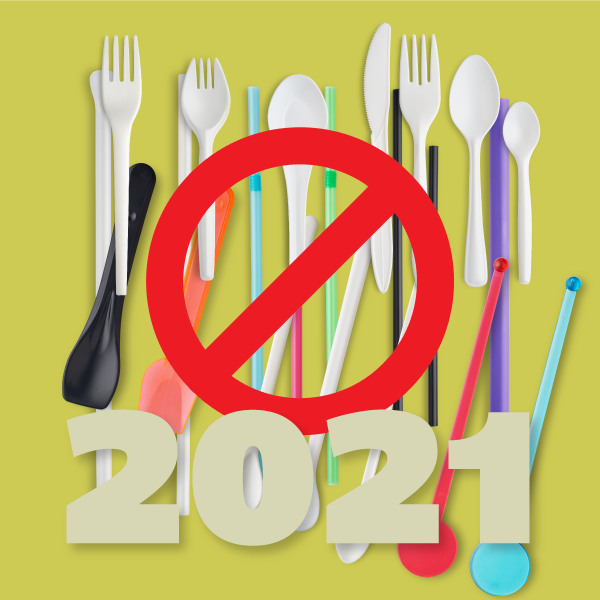
Banned 1 March 2021
- Single-use plastic straws
- Single-use plastic cutlery
- Single-use plastic stirrers
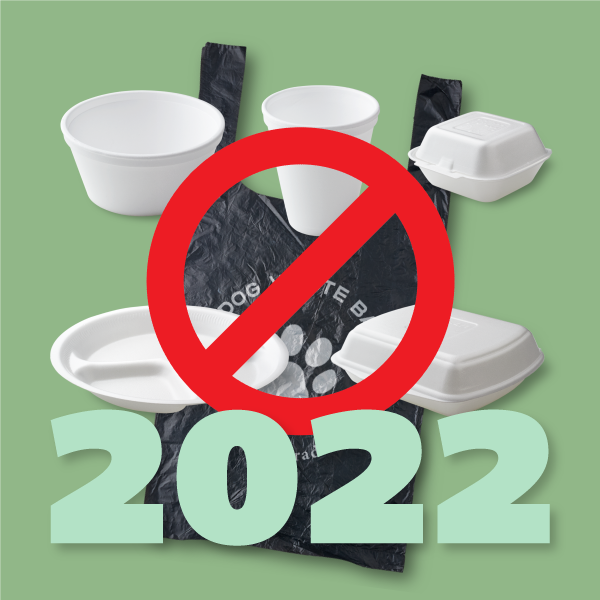
Banned 1 March 2022
- Expanded polystyrene cups, bowls, plates and clamshell containers
- Oxo-degradable plastic products
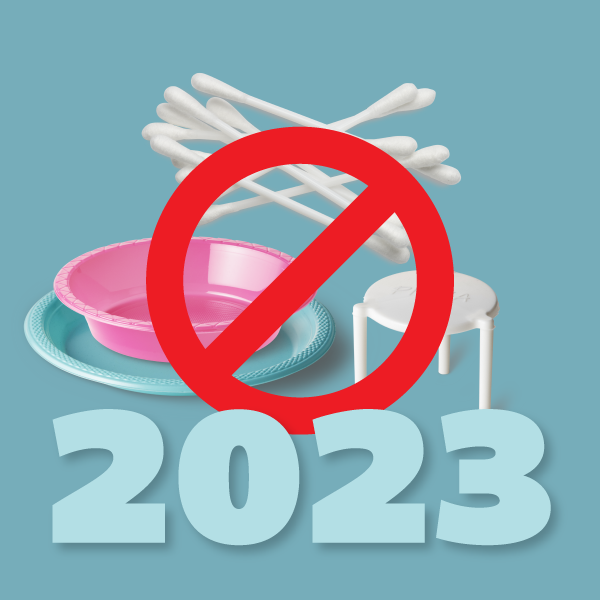
Banned 1 September 2023
- Plastic-stemmed cotton buds
- Single-use plastic bowls and plates
- Plastic pizza savers
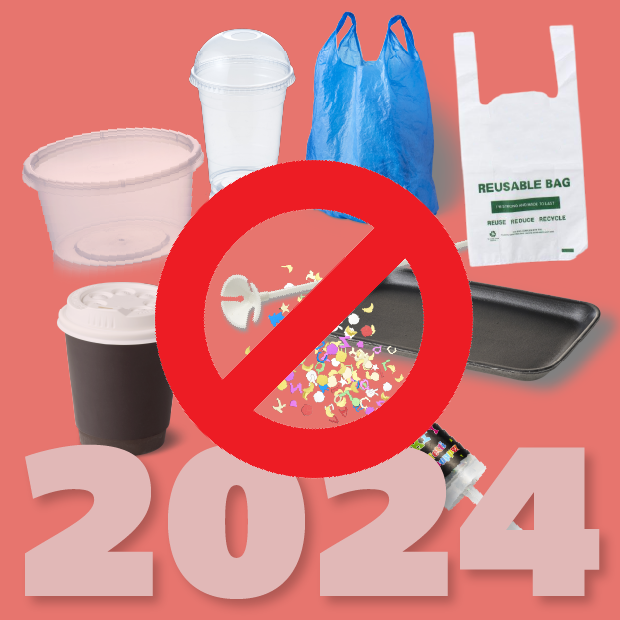
Banned 1 September 2024
- Plastic barrier bags
- Thick supermarket or boutique-style plastic bags
- Single-use plastic beverage containers (including coffee cups)
- Single-use plastic food containers
- Expanded polystyrene (EPS) consumer food and beverage containers
- EPS trays used for meat, fruit and other food items
- Plastic confetti
- Plastic balloon sticks/ties
- Food bag tags
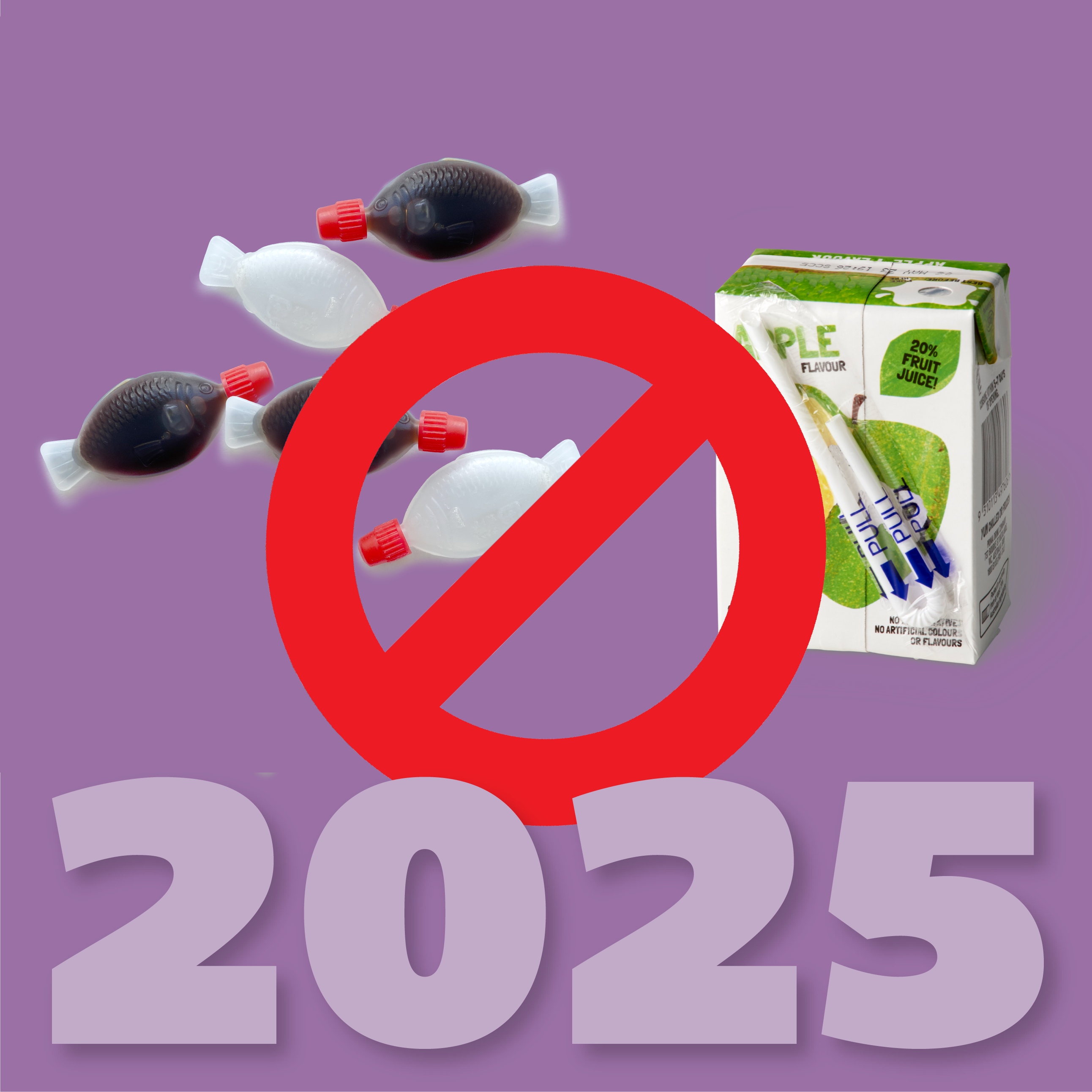
Banned 1 September 2025
- Plastic soy sauce fish
- Attached or enclosed plastic straws and cutlery
- Pre-packaged EPS cups and EPS bowls

